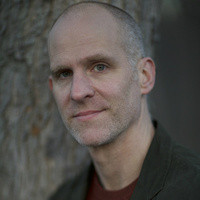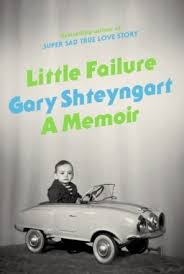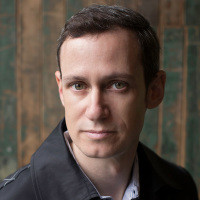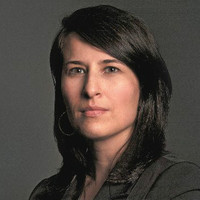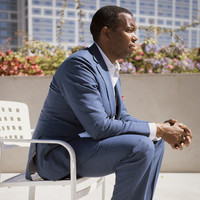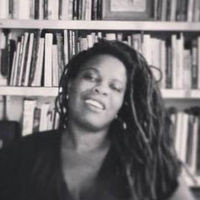Craig Mod is a writer and photographer who has two newsletters, Roden and Ridgeline. His new book is Things Become Other Things.
“There'll be days where … I’m doing a walk and I'll just be like, I don't know what is going to move me today. And then out of the blue, there'll be this small interaction that when you really pay attention to it, it contains kind of this universe of kindness and patience that you otherwise pass by or ignore. If you're in the general mode of looking at things and then being able to take that experience and try to transmute it into an essay for the evening and send it out, it just develops your eye. You just start being able to look more and more and more closely.”

